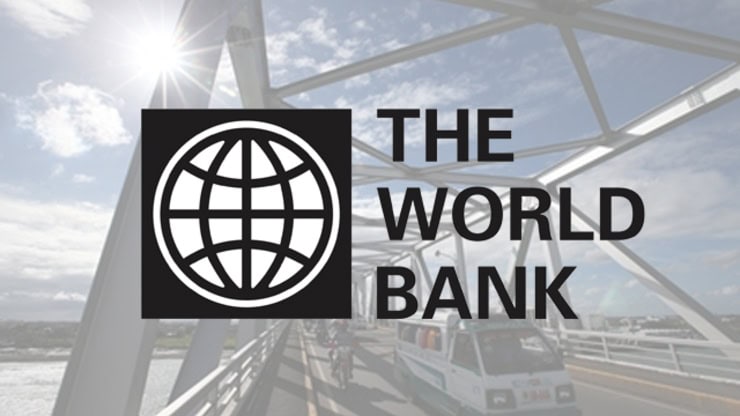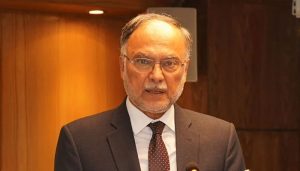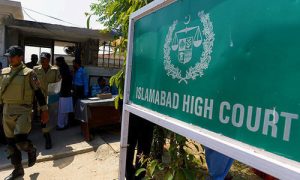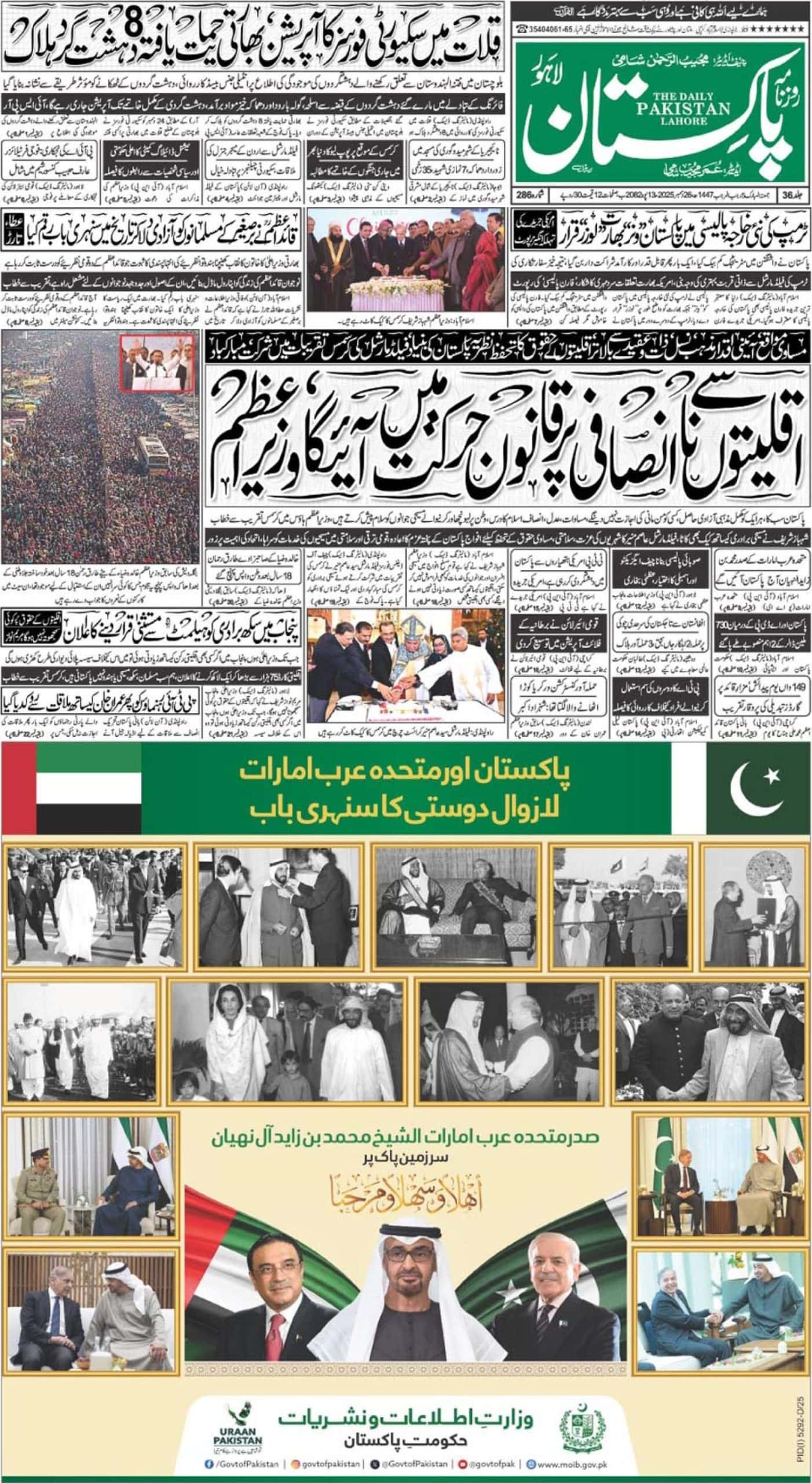ISLAMABAD (APP) – The World Bank has approved an International Development Association (IDA) credit of $50 million to increase the availability of vaccines for infectious diseases, including polio, for children under two-year of age in Pakistan.
National Immunization Support Project (NISP) is supporting the country’s Expanded Programne on Immunization (EPI) that aims to immunize all children against eight vaccine preventable diseases: tuberculosis, poliomyelitis, diphtheria, pertussis, tetanus, hepatitis-B, haemophilus influenza type b (Hib), and measles, a statement of the Bank issued here said.
Strengthening EPI will also support Pakistan’s access to newer vaccines which are either in the process of roll-out (pneumococcal vaccine) or under planning (rotavirus vaccine).
The Project is also receiving additional support of $80 million grant from a World Bank administered multi-donor trust fund, Gavi – the Vaccine Alliance, and the United States Agency for International Development.
The Bill and Melinda Gates Foundation is also supporting the project through an innovative partial conversion of the IDA credit into a grant upon successful achievement of project objectives.
Illango Patchamuthu, World Bank Country Director for Pakistan said “The World Bank and other development partners
are working with the Government of Pakistan to strengthen routine immunization services at the critical endgame stage of polio eradication, particularly as Pakistan introduces injectable polio vaccine into its routine schedule”.
The project will incentivize provincial government capacity for rigorous monitoring and effective implementation
of its programme, including strengthened vaccine logistics, and deploying and expanding qualified technical and managerial personnel.
“The project will establish linkages of the federal and provincial EPI cells with private sector health providers and health-related civil society organizations working in low coverage catchment areas – especially urban slums.”
Children under two years of age in Pakistan are the main beneficiaries of NISP – particularly children belonging to the poorest households in which immunization coverage is the lowest.
In addition, all children will benefit from strengthened polio and measles interventions.
The credit is financed by IDA, the World Bank’s fund for the poor, with a maturity of 25 years, including a grace
period of 5 years.













